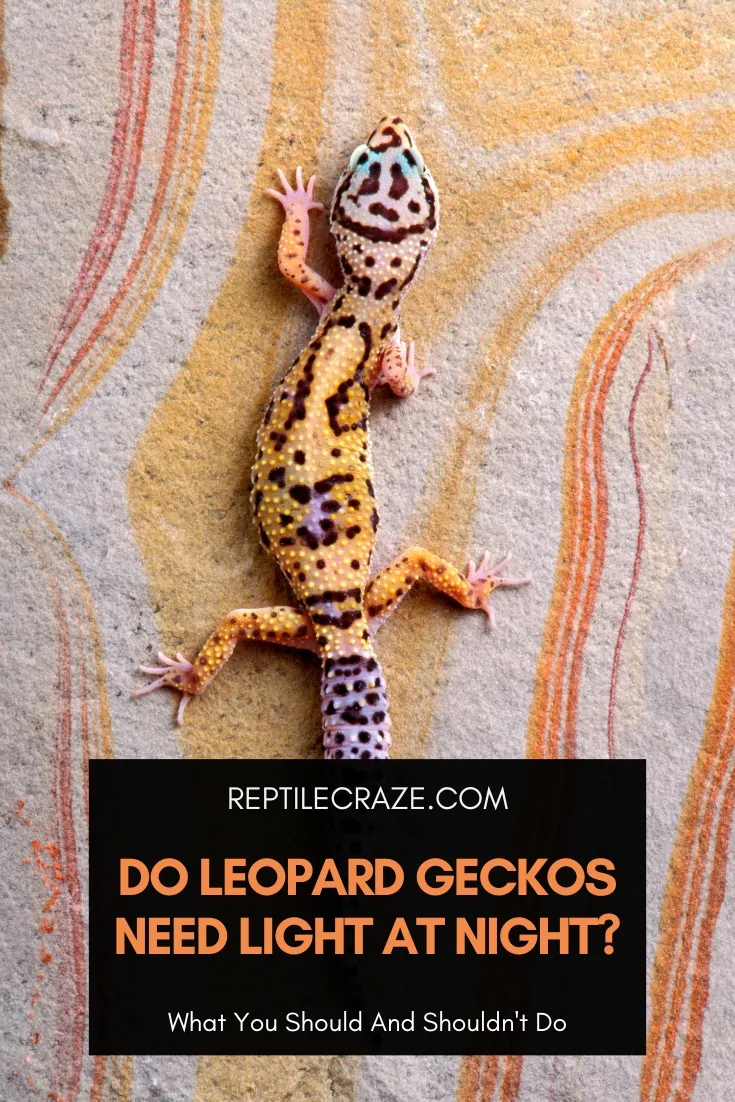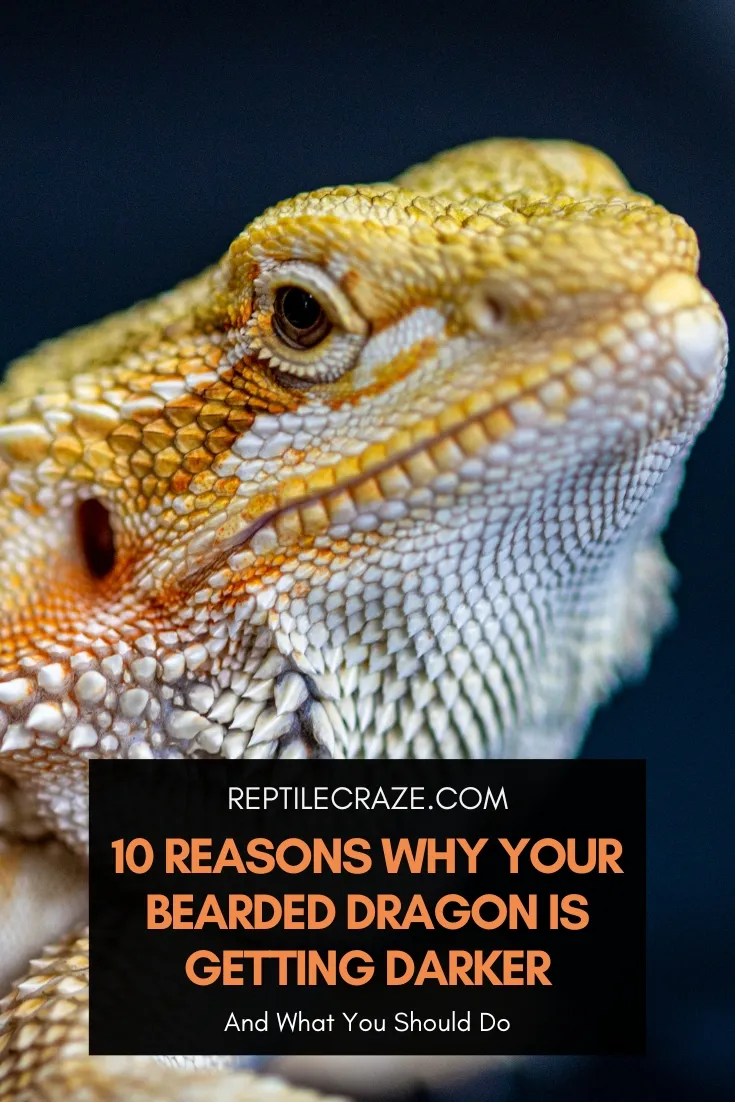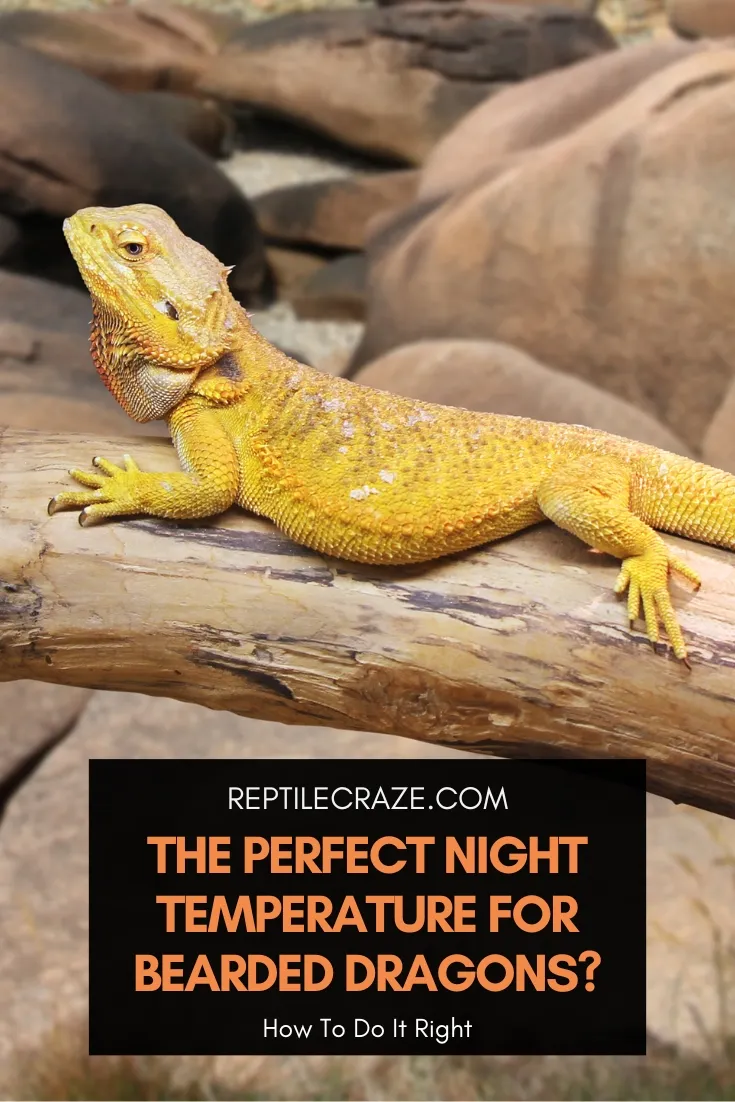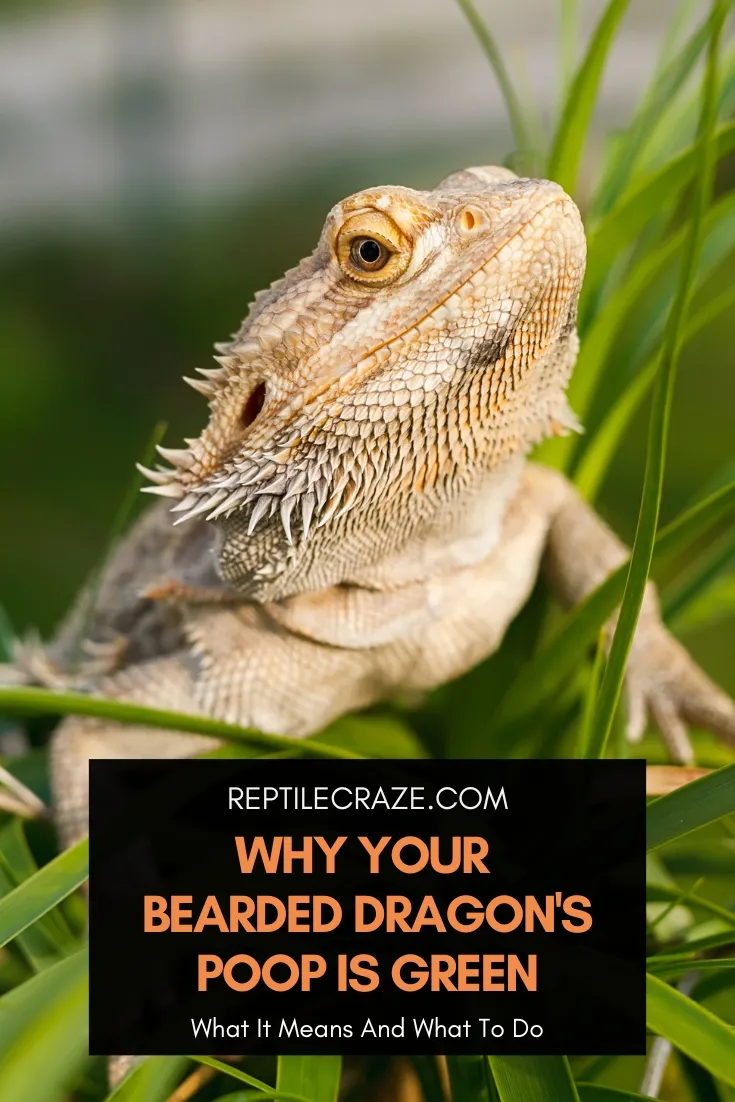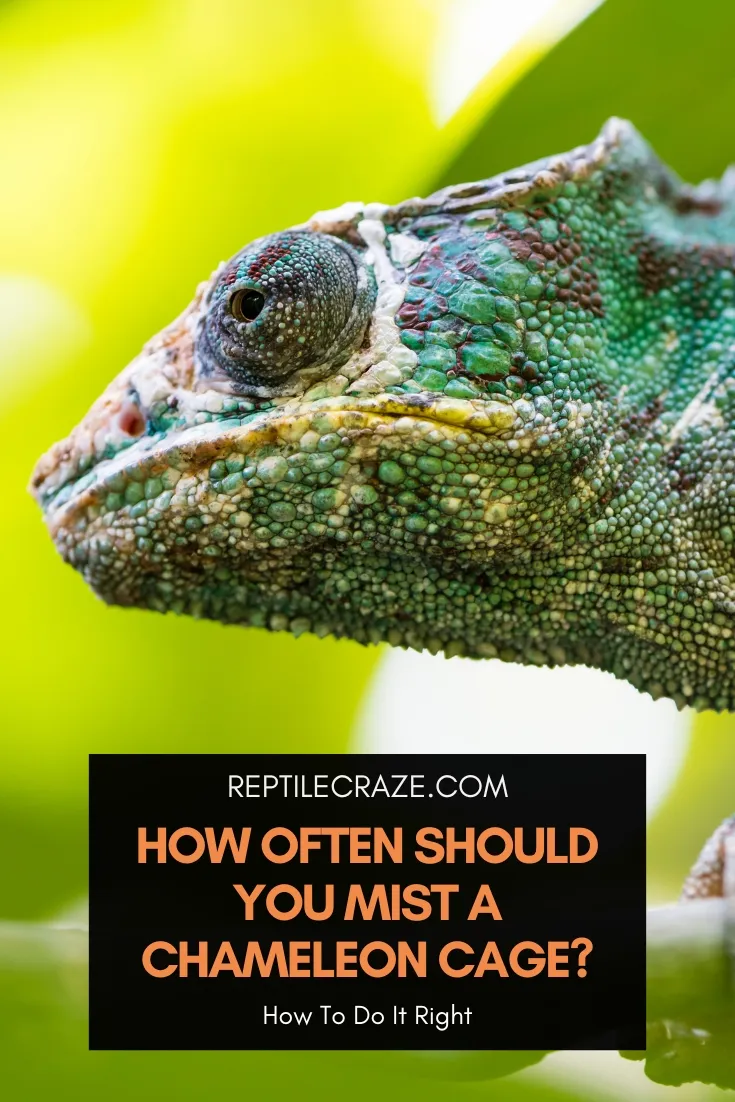If you keep crested geckos long enough, chances are you are going to encounter a case of tail rot now and then. But what is tail rot and how can you stop it from happening? Tail rot in crested geckos is a condition where the tail starts to die. It usually starts at the tip of …
If you own a bearded dragon, chances are that it has pooped on you at some point. Have you ever wondered why it did that? Bearded dragons do not poop on their owners as a sign of dominance. However, they may poop on their owners as a fear or stress response. It can also happen …
Are you wondering if your leopard gecko needs light at night? After all, that is when they are awake and active. So maybe light would be good for them? Leopard geckos do not need light at night. These reptiles have excellent night vision and have evolved to hunt, explore and interact with their environment in …
Bearded dragons don’t change colors overall, but their skin (specifically their beards) can sometimes go darker. If you’ve noticed your reptile changing colors recently and wondered why, here’s some insight. Bearded dragons can go darker when stressed or frightened. They can also change hues due to environmental factors like brumation or temperature changes. There are …
Have you ever looked at a bearded dragon lounging in their water bowl and wondered if they can swim? Many people take one look at the bearded dragon’s size and the fact that they are a lizard hailing from desert conditions and presume that bearded dragons can’t swim, but the answer may surprise you. Bearded …
Not all reptiles have femoral pores. Bearded dragons, iguanas, and leopard geckos are the most notable reptiles to have them. These small openings produce waxy secretions that serve a host of functions. But while they have a purpose, they can get clogged and cause health problems for your leo. Clogged femoral pores in leopard geckos …
Temperature can be a highly debatable issue in bearded dragon husbandry. You will find many articles giving conflicting answers on what the perfect nighttime temperature range for bearded dragons is. The perfect nighttime temperature range for an adult bearded dragon is 65°F–75°F (18°C–23°C). However, wild bearded dragons have been known to tolerate nighttime drops as …
One way to monitor your bearded dragon’s health is to watch its bathroom habits. It may be the last thing you want to see, but a beardie’s poop color holds important clues to its health status. But, should I be concerned if my lizard pal starts excreting green poop? Green poop in bearded dragons can …
Crested geckos are relatively easy to care for, but when it comes to maintaining the humidity in their enclosure, things can get tricky. This is where misting comes in the picture. Crested geckos require misting to maintain the high levels of humidity needed for their survival and to have access to drinking water. Misting up …
If you’ve currently petting a chameleon, you’re bound to have several questions! One of them might be about how often to mist a chameleon cage. After all, misting is necessary to keep your little pet well-hydrated and in a moist environment. The misting requirements for a chameleon cage typically depend on the chameleon species and …



